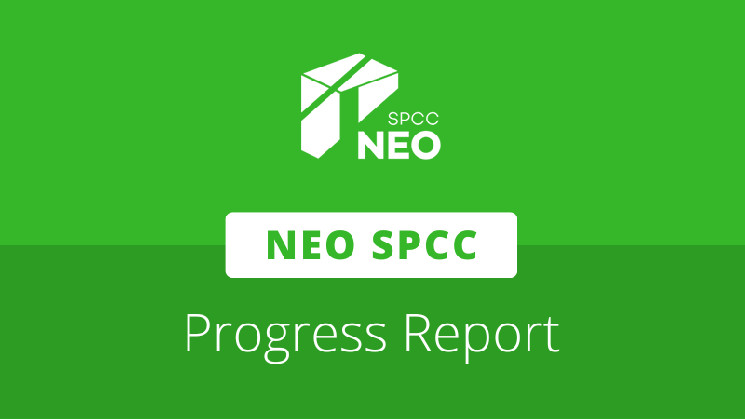Neo SPCC has shared its progress report for December 2023 and January 2024. The video presentation by CTO Roman Khimov highlights key improvements made to NeoFS and NeoGo, as well as contributions made by the team to NeoX.
Public tools
The report opens with the news that all active Neo SPCC repositories have been made public. As a result, a number of tools originally developed for internal use are now open-source and available for other builders.
Three newly published projects are highlighted. The first is Monza, a tool for indexing and searching for contract notifications on Neo N3 blockchains. Second is the SFTP Gateway for NeoFS, providing a method for securely uploading files to a NeoFS container. Downloading via SFTP is currently unsupported.
Finally, Khimov introduces neo-exporter, which can export a diverse set of data points from Neo networks as Prometheus metrics. Supported metrics include core network statistics, NEP-17 contracts and accounts, and NeoFS usage.
NeoFS
Updates to NeoFS include improved big object structure, extended search and EACL capabilities, and a better replication API in the node. A set of bug fixes for container deletion handling and notary request processing was also completed, alongside a range of general performance improvements.
The team is now in the polishing stage with the REST Gateway, intended to replace the HTTP Gateway as the standard approach for serving data from NeoFS. Core tools and internals will be updated to use the new solution. The S3 Gateway still remains fully supported.
NeoGo
Neo SPCC shipped two NeoGo versions in December and January. The first, v0.105.0, brought a number of key improvements to the RPC websocket notification system and neotest framework. It was the first NeoGo release with an AMD64 binary for MacOS and introduced <code>–await</code> functionality into the CLI. The minor release, v0.105.1, was issued to correct a state difference detected at Mainnet block 4688591.
Khimov notes that the team has been closely following upcoming changes to the Neo core and placed an increased emphasis on test infrastructure to ensure correctness. Upcoming improvements will target dApp backend APIs.
Neo X
Contributions to the Neo X project by Neo SPCC have centered on the consensus protocol, delegated Byzantine fault tolerance. Specifically, the team has been tasked with modifying its own Go dBFT library to work with Geth, the reference implementation for Ethereum, which serves as the basis for the Neo X network.
The team reports that stability has increased, with the current Neo X TestNet running with 7 validator nodes. Several improvements are planned, though some details remain uncertain until other areas of development progress, namely decisions regarding the Neo X governance mechanism. Neo SPCC will continue working on its dBFT library by cleaning up dependencies and improving its API.
The progress update may be viewed at the link below:
https://www.youtube.com/watch?v=R-I3RSjPgvE
 neonewstoday.com
neonewstoday.com
